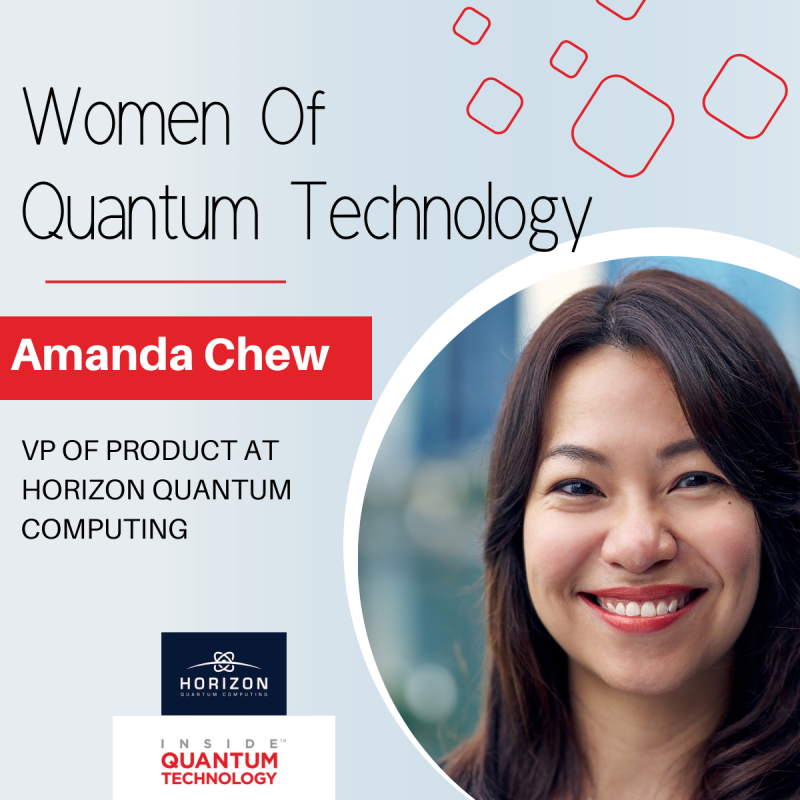- Bell State
- Posts
- Shor's first challenger, Web Encryption, Women in Quantum and new Job Opportunities
Shor's first challenger, Web Encryption, Women in Quantum and new Job Opportunities
Quantum Intelligence 🤖
Welcome to The Bell State.

Your weekly roundup of the biggest breakthroughs in Quantum Computing.
New Quant Algo Challenges 30-Year-Old Shor’s Dominance in Web Encryption Cracking
A novel quantum algorithm proposed by Oded Regev of NYU might surpass Peter Shor's renowned method, used for decrypting internet encryption, by reducing the logical steps needed for factorization of large numbers. This advancement could lead to faster decryption with smaller quantum computers, but is still under evaluation by experts. Future advancements in quantum computing may also steer towards new encryption methods, rendering current techniques obsolete.
MIT's Fluxonium Qubits Signal Unprecedented Accuracies in Web Encryption
Researchers at MIT have pioneered the use of "fluxonium" qubits in quantum computing, achieving record-breaking gate accuracies, exceeding 99.9% for two-qubit gates and 99.99% for single-qubit gates. This breakthrough, which overcomes traditional qubit vulnerabilities to errors, can significantly accelerate quantum computing's feasibility for practical applications. With the success of fluxonium, an MIT-affiliated startup, Atlantic Quantum, has been established, aiming to develop a commercial quantum computer leveraging this novel qubit technology.
Quantum Dots Innovators Win 2023 Nobel Prize in Chemistry
Moungi Bawendi, Louis Brus, and Alexei Ekimov have been awarded the 2023 Nobel Prize in Chemistry for their discovery and development of quantum dots—tiny nanocrystals with quantum properties. These nanoparticles can emit specific light colors based on their size, with applications in electronics, biomedicine, and more. Today, quantum dots are used in technologies like QLED TVs and show potential in areas like quantum computing and solar energy.
Women in Quantum: Amanda Chew
Amanda Chew, with a foundation in computer science from Brown University, worked at Microsoft's Visual Studio App Center. Intrigued by quantum computing, especially after Google's 2019 quantum supremacy announcement, she left Microsoft in 2020. The COVID-19 pandemic found her in Singapore, where she engaged with the quantum community and joined Horizon Quantum Computing by November 2020. Now as the VP of Product, she's focused on developing tools that simplify quantum computer programming.
Paper Highlight: Quantum Algorithms
This study offers a comprehensive review of potential quantum algorithm applications, weighing the technical nuances and complexities, and compares quantum solutions with existing classical methods to gauge the potential advantages of quantum computing.
Note: Arxiv papers are not officially peer-reviewed.





